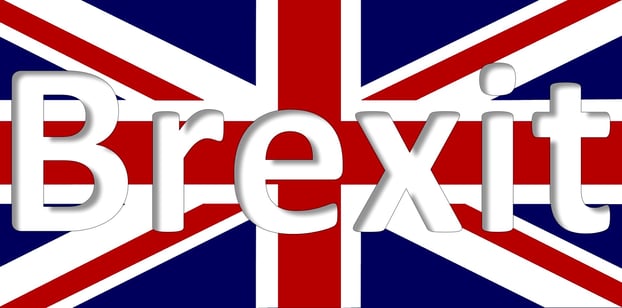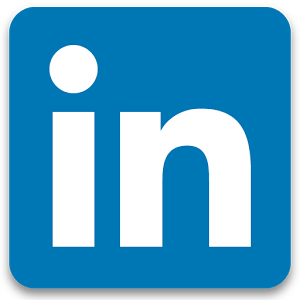Brexit Middle Market M&A

U.S. middle-market M&A is, for the most part, shielded from the Brexit volatility, according to Franklin Square’s senior economist, Lara Rhame. In 2015, U.S. middle-market companies generated 87 percent of their revenues from domestic sales. Of the 13 percent of the middle-market revenues generated outside the U.S., only 3 percent came from Europe. Thus, M&A in the U.S. should not be drastically impacted by Britain’s exit from the EU, as U.S. companies have placed a greater emphasis on buying and selling both domestically and outside of Europe.
Nevertheless, the post-referendum weakening of the British Pound relative to the U.S. dollar could potentially have significant implications for M&A activity between Britain and the U.S. As the exchange rate between the Pound and the Dollar fluctuates, so do sales between the two countries – this phenomenon is known as the substitution effect. As the Pound strengthens against the Dollar, Pound denominated goods and services become more expensive, meaning that Dollar denominated goods and services become more attractive. Hence, U.S. sales to Britain increase, and British sales to the U.S. decrease. In contrast, when the Pound weakens, Pound denominated goods and services become less expensive, resulting in Dollar denominated goods and services becoming less attractive. Thus, U.S. sales to Britain decrease, and British sales to the U.S. increase.
Ultimately, this substitution is rooted in the notion that as prices rise, consumers will replace more expensive items with less costly alternatives. In recent years, the exchange rate of the British Pound to the U.S. Dollar has averaged about US$1.60. This rate declined a bit throughout the start of 2016, and dropped to roughly US$1.36 immediately after the Brexit vote. Overall, this low exchange rate puts the Pound near a multi-decade low relative to the U.S. Dollar. One possible effect of this record-low exchange rate is substitution; in terms of M&A, this substitution could potentially lead to U.S. companies buying more companies in the U.K.
Studies have repeatedly suggested that U.S. middle market companies should consider expanding outside the U.S.; these companies should either buy or sell overseas, or potentially establish overseas operations. Hence, the decision to expand generally comes down to the choice of either building or buying. In the most basic terms, a target company in the U.K. that is selling will cost about 15 percent lower in U.S. Dollar terms compared to two or three years ago. This reduction is very beneficial for U.S. companies looking to buy British companies. Consequently, some private equity firms have argued that the Brexit economic uncertainty will bring prices on potential U.K. acquisitions down to more reasonable levels, which could spur cross-border M&A activity.
A good M&A advisor with cross-border transaction experience should be able to assist in acquiring a company in the UK. As always, it’s important to have several targets in mind so that the very best acquisition is completed.
Versailles Group is a 29-year-old Boston-based investment bank that specializes in international mergers, acquisitions, and divestitures. Versailles Group’s skill, flexibility, and experience have enabled it to successfully close M&A transactions for companies with revenues between US$2 million and US$250 million. Versailles Group has closed transactions in all economic environments, literally around the world.
Versailles Group provides clients with both buy-side and sell-side M&A services, and has been completing cross-border transactions since its founding in 1987.
More information on Versailles Group, Ltd. can be found at www.versaillesgroup.com.
For additional information, please contact
Founder and President
+617-449-3325
July 6, 2016







